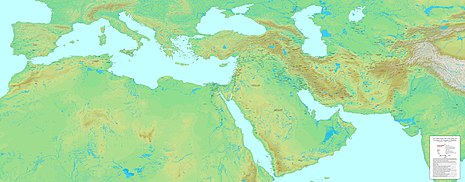Islam Beyond The Caliphates - Notebook Page 4
0.0(0)
Card Sorting
1/12
Earn XP
Description and Tags
Last updated 6:57 PM on 3/23/23
Name | Mastery | Learn | Test | Matching | Spaced | Call with Kai |
|---|
No analytics yet
Send a link to your students to track their progress
13 Terms
1
New cards
The Seljuk Empire
The Great Seljuk Empire, or the Seljuk Empire, was a high medieval, culturally Turco-Persian, Sunni Muslim empire, founded and ruled by Qiniq’ branch of Oghuz Turks.
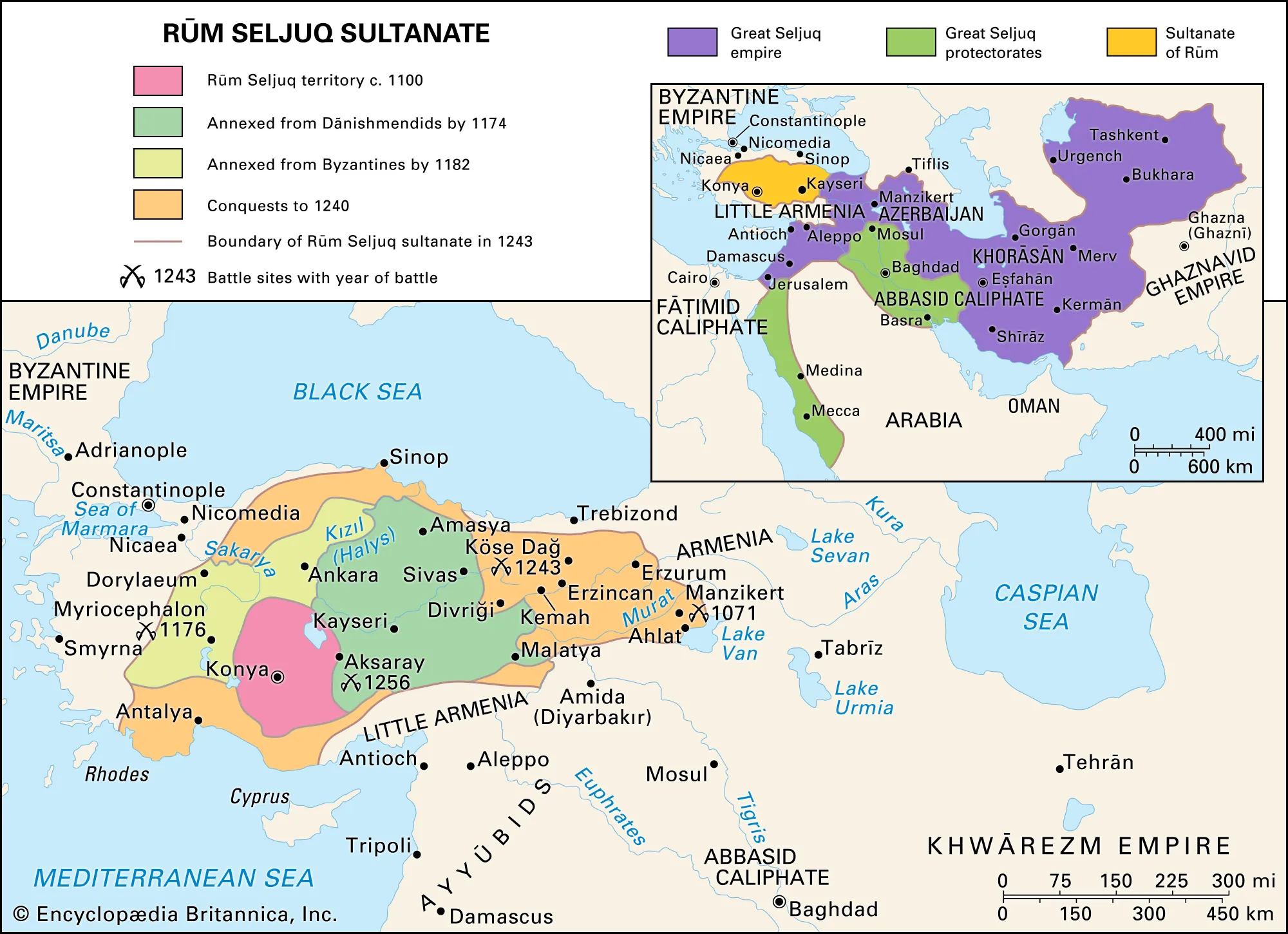
2
New cards
Battle of Manzikert
The Battle of Manzikert or Malazgirt was fought between the Byzantine Empire and the Seljuk Empire on August 26th, 1071 near Manzikert, theme of Iberia.
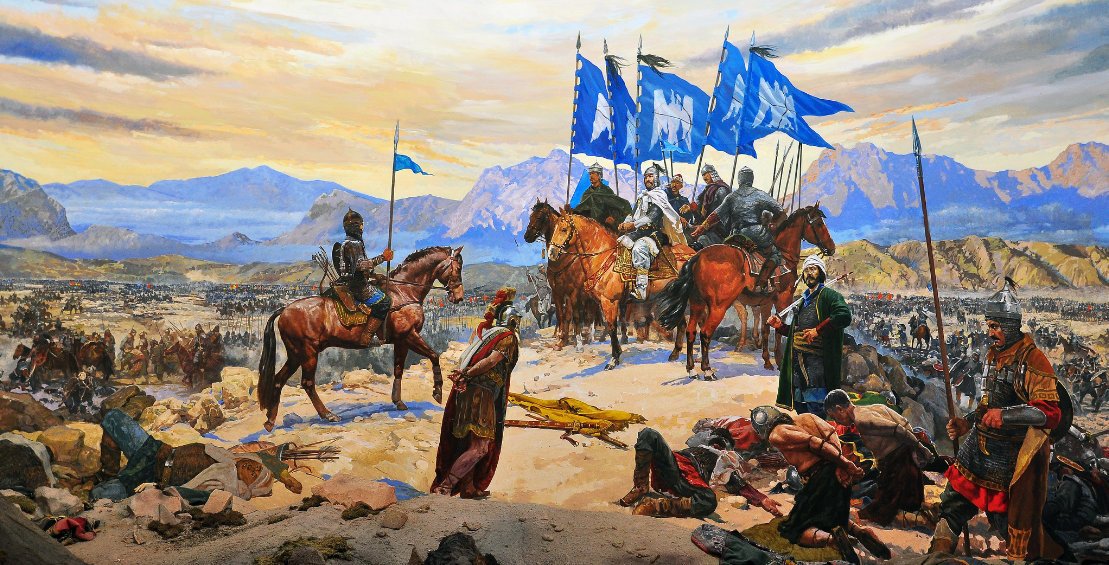
3
New cards
The First Crusade
The First Crusade was the first of a series or religious wars, or Crusades, initiated, support, and at times directed by the Latin Church in the medieval period. The objective was the recovery of the Holy Land from Islamic rule.
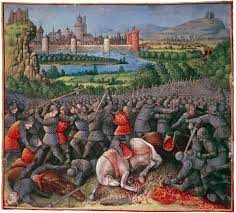
4
New cards
Emirates
An emirate is a territory ruled by an emir, a title used by monarchs or high officeholders in the Muslim world. From a historical point of view, an emirate is a political-religious unit smaller than a caliphate.
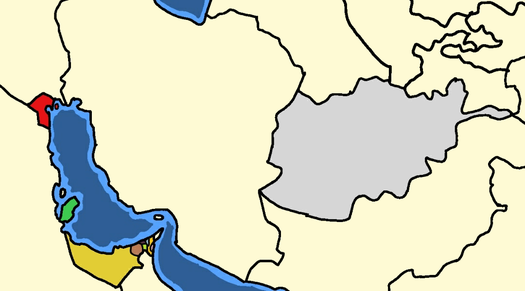
5
New cards
Mamluks
Mamluk is a term most commonly referring to non-Arab, ethnically diverse slave-soldiers and freed slaves who were assigned military and administrative duties, serving the ruling Ottoman and Arab dynasties in the Muslim world.
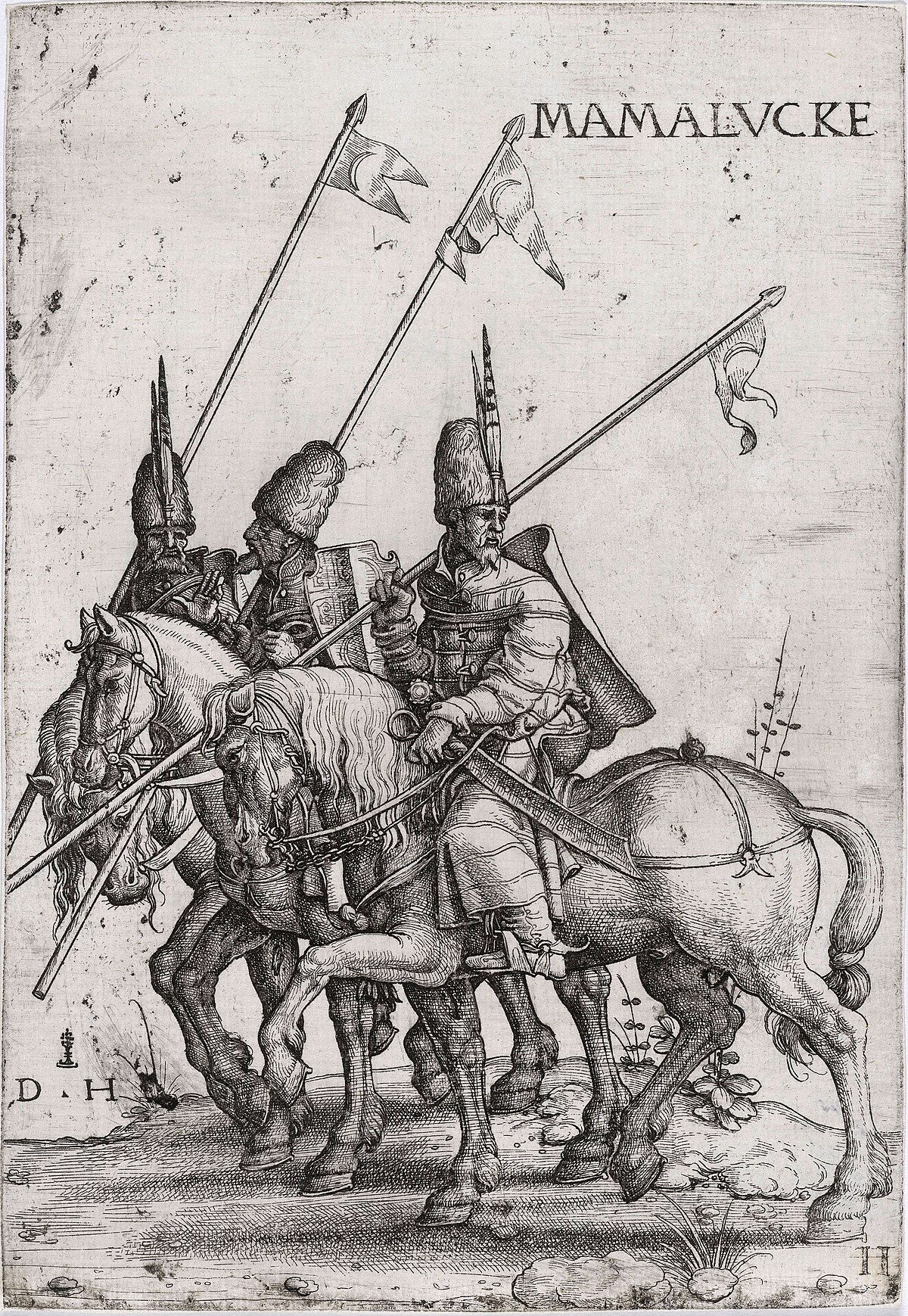
6
New cards
Sultan
Sultan is a position with several historical meanings. Originally, it was an Arabic abstract noun meaning “strength”, “authority”, or “ruler ship”. Later, it came to be used as the title of certain rulers who claimed almost full sovereignty without claiming the overall caliphate, or to refer to a powerful governor of a province within the caliphate.
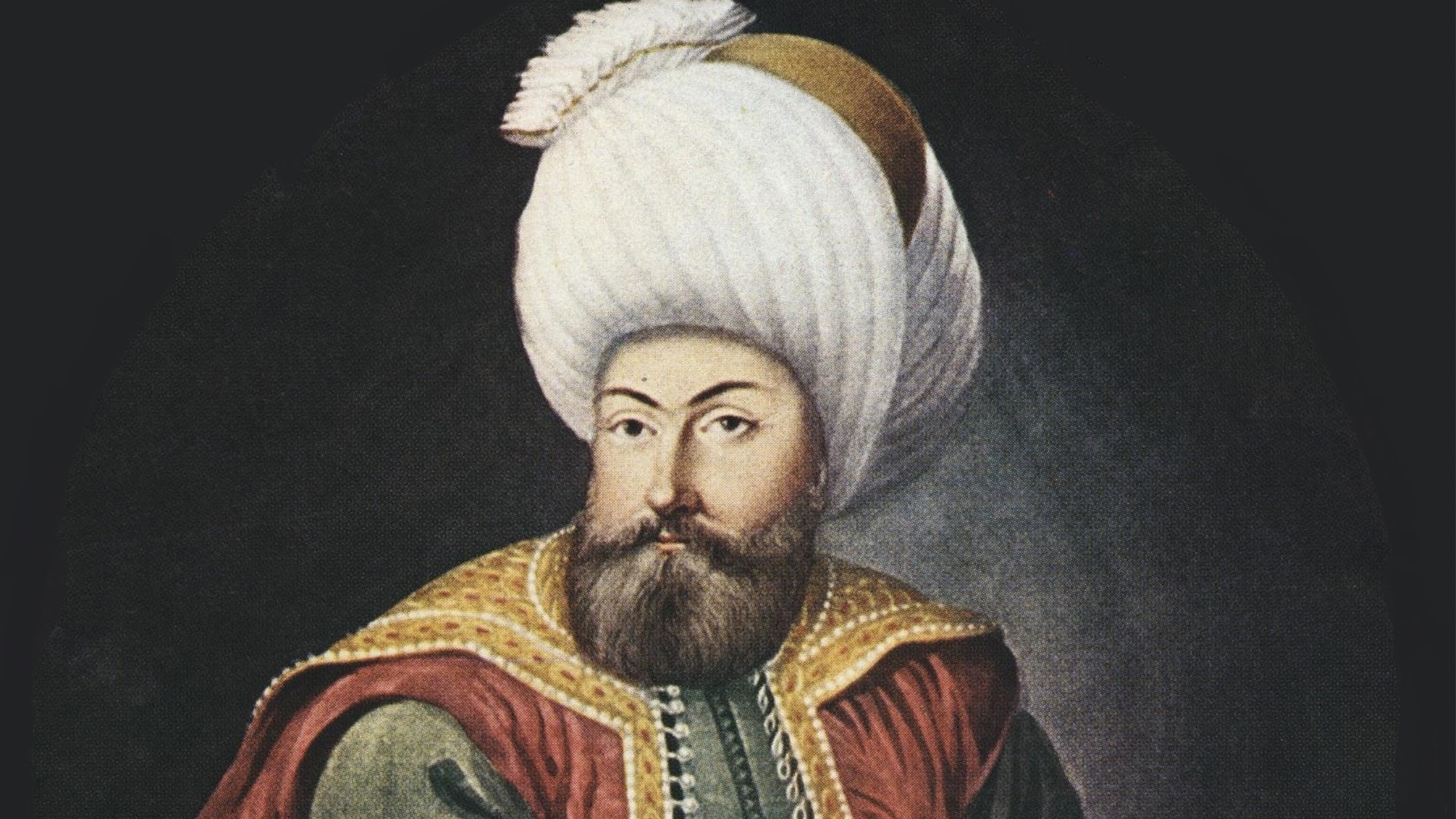
7
New cards
The Mughal Empire
The Mughal Empire was an early-modern empire that controlled much of South Asia between the 16th and 19th centuries.
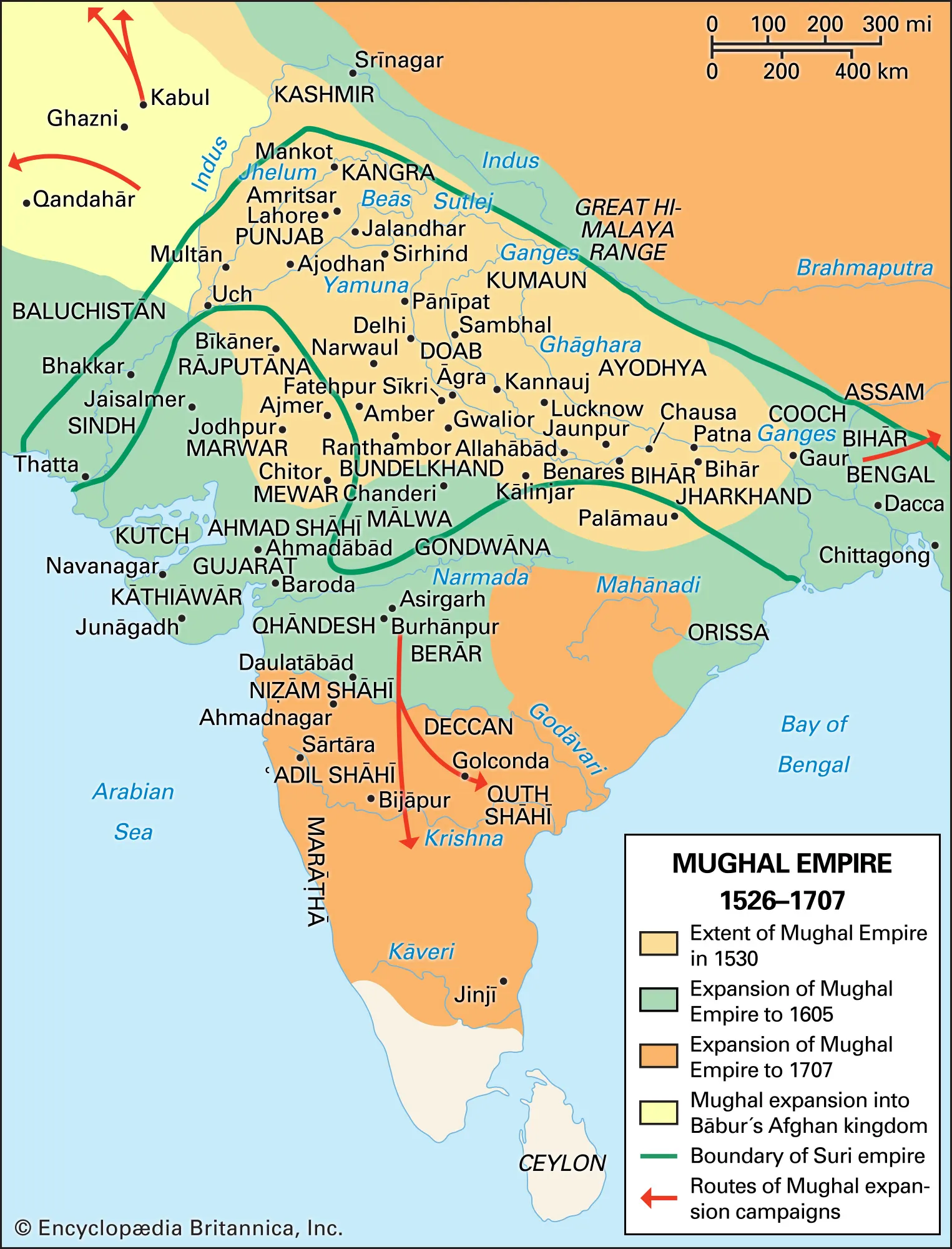
8
New cards
Mansa Musa of Mali
Musa l was the ninth mansa of the Mali Empire, which reached its territorial peak during his reign. Musa is known for his wealth and generosity.
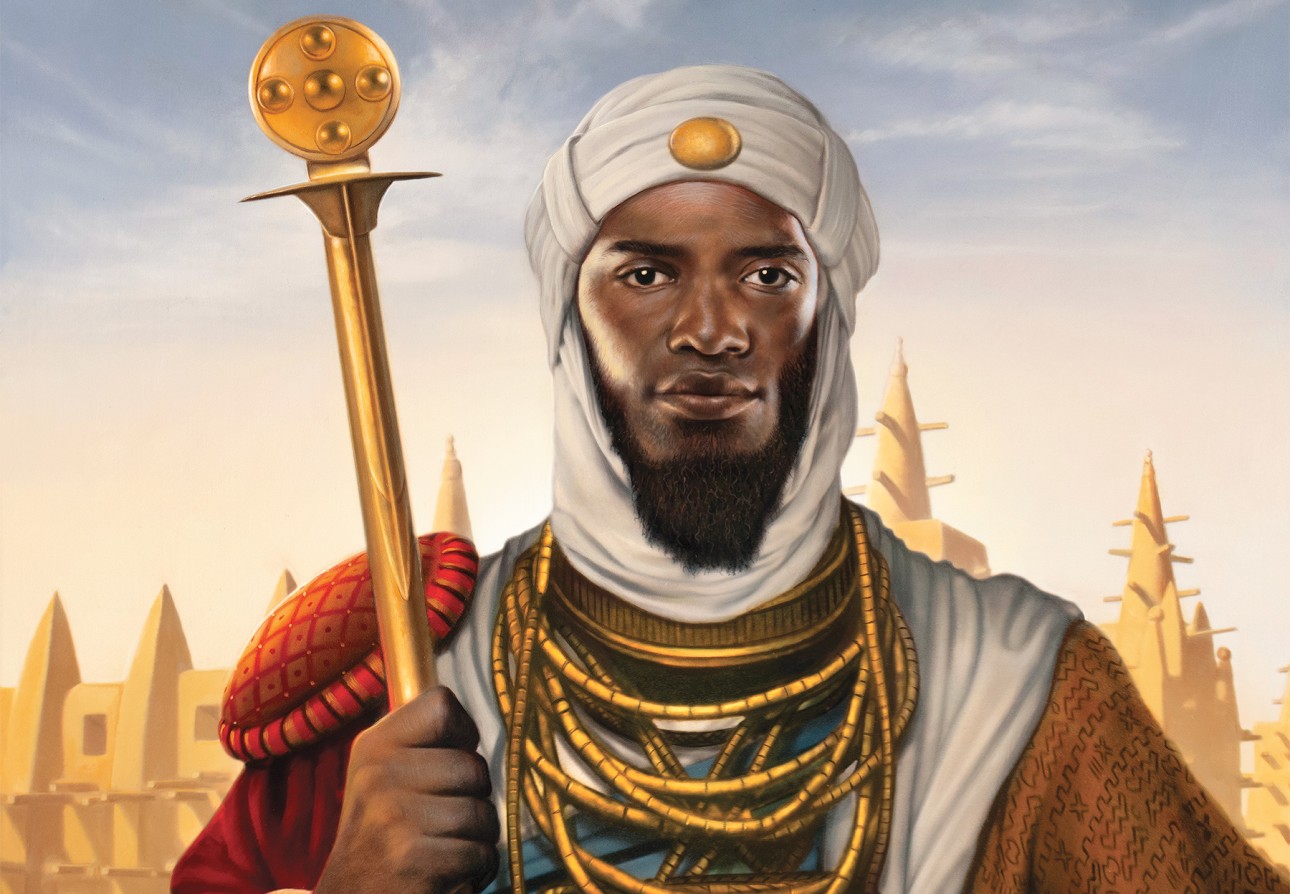
9
New cards
Timbuktu
Timbuktu is a city in Mali, and the capital of the Tombouctou Region, one of the eight administrative regions and Mali and one town of Songhai people. After a shift in trading routes, particularly after the visit by Mansa Musa around 1325, Timbuktu flourished from the trade in salt, gold, ivory, and slaves.
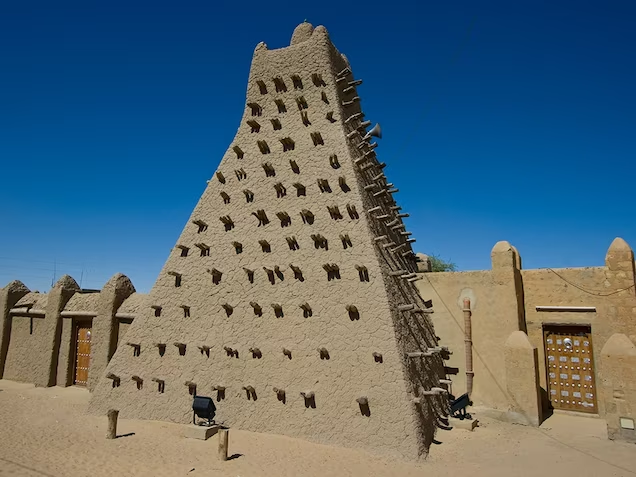
10
New cards
Nasir al-Din al-Tusi
Muhammad ibn Muhammad ibn al-Hasan al-Tusi, better known as Nasir al-Din al-Tusi, was a Persian polymath, architect, philosopher, physician, scientist, and theologian. He is often considered the creator of trigonometry as a mathematical discipline in its own right.
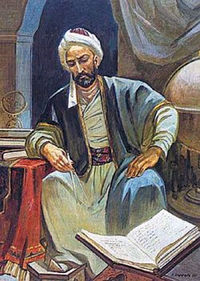
11
New cards
House of Wisdom
The House of Wisdom, also known as the Grand Library of Baghdad, refers to either a major Abbasid public academy and intellectual center in Baghdad or a large private library belonging to the Abbasid caliphs during the Islamic Golden Age. The House of Wisdom was founded in the 8th century, and it was later destroyed in the 1258 in the Siege of Baghdad.
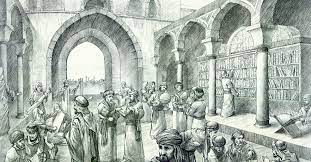
12
New cards
‘A’ishah al-Ba’uniyyah
‘A’ishah al’-Ba’uniyyah was a Sufi master and poet. She is one of few medieval female Islamic mystics to have recorded their own views in writing, and she probably composed more works in Arabic than any other woman prior to the twentieth century.
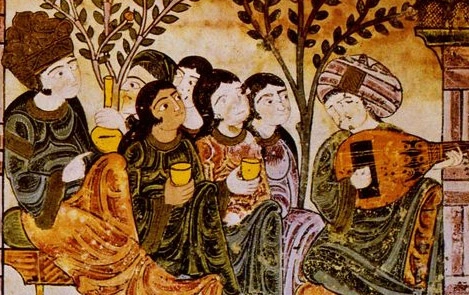
13
New cards
Dar al-Islam
Dar al-Islam was a term used by Muslim scholars to refer to those countries under Muslim sovereignty, sometimes considered “the home of Islam” or Pax Islamica.
